Similar Posts
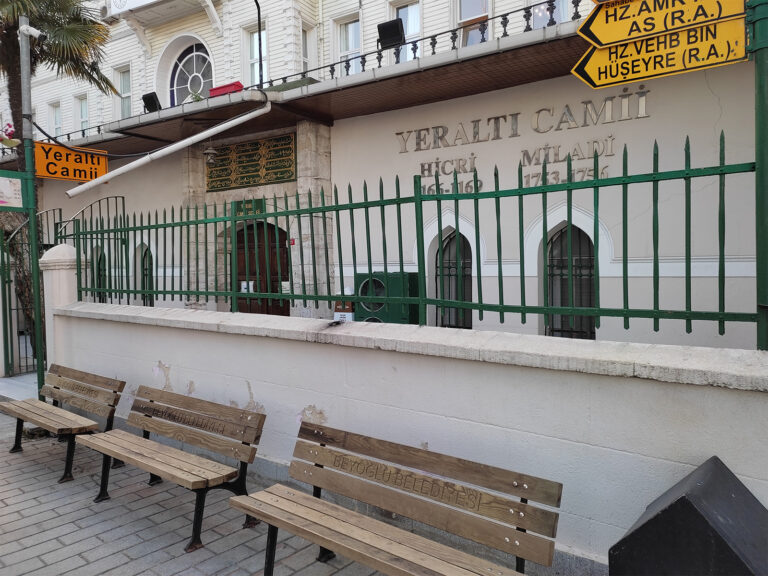
Yeraltı Mosque (Underground Mosque)
Guide to Kurşunlu Mahzen Mansion and Underground Mosque History and Architecture: Kurşunlu Mahzen Mansion and Underground Mosque have a rich history dating back to 711 AD. Initially, a large tower called Kahr Kulesi was constructed by Abdülaziz’s son Ömer. Over time, the area evolved into the current Kurşunlu Mahzen, which was converted into a mosque….
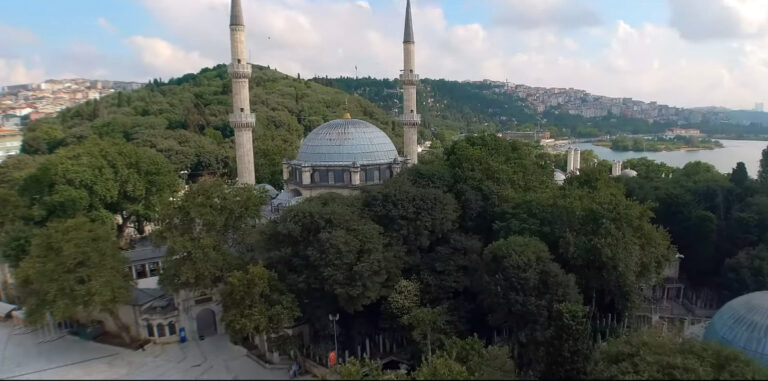
Eyüpsultan Mosque
Eyüp Sultan Complex in Istanbul, built around the tomb of Abu Ayyub al-Ansari (Ebû Eyyûb el-Ensârî), is a historically significant ensemble commissioned by Sultan Mehmed the Conqueror shortly after the conquest of Istanbul. It includes the Eyüp Sultan Mosque, a medrese (religious school), an aşhane-imaret (public kitchen and hostel), a bathhouse, and a tomb. The…
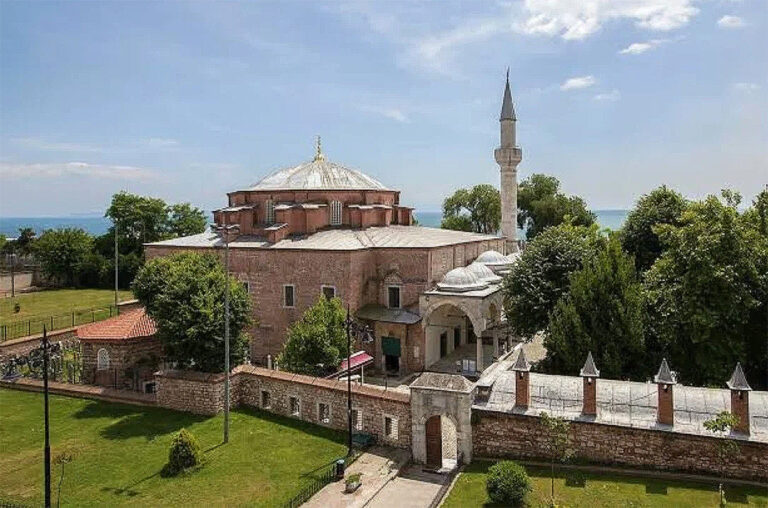
Küçük Ayasofya Mosque (Little Hagia Sophia Mosque )
Originally built around 530 AD by Emperor Justinian, who also commissioned the Hagia Sophia. It was known as the Church of Saints Sergius and Bacchus.
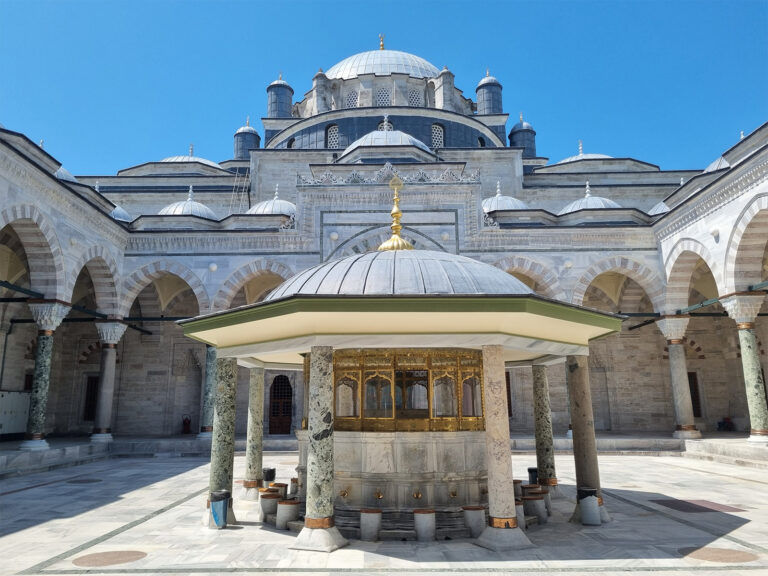
Beyazıt Mosque
The Beyazıt Mosque and Complex, constructed under the order of Sultan Bayezid II, is an important historical site in Istanbul, comprising a range of buildings including a mosque, tomb, imaret (public kitchen), sıbyan mektebi (elementary school), tabhanes (lodging rooms), madrasa (Islamic school), bathhouse, and caravanserai. Key Information about Beyazıt Mosque and Complex: Location and Historical…
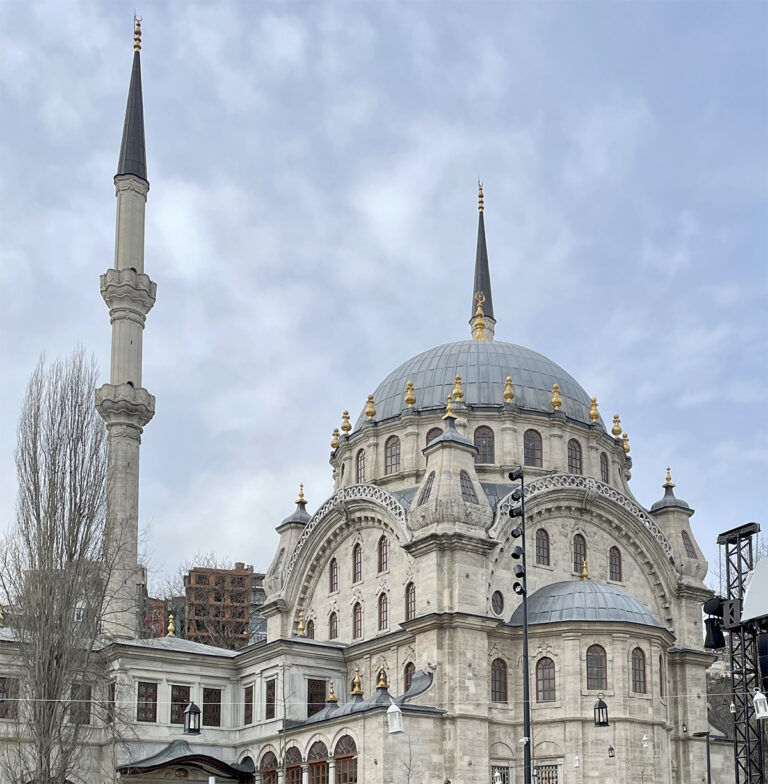
Kılıç Ali Paşa Mosque
The Kılıç Ali Paşa Complex, designed by the great architect Mimar Sinan in the 16th century, is a significant historical and architectural landmark in Istanbul’s Tophane district. This complex was originally situated by the sea and at the head of the main quay, providing access from the ships in Istanbul Harbor to Beyoğlu. Components of…
